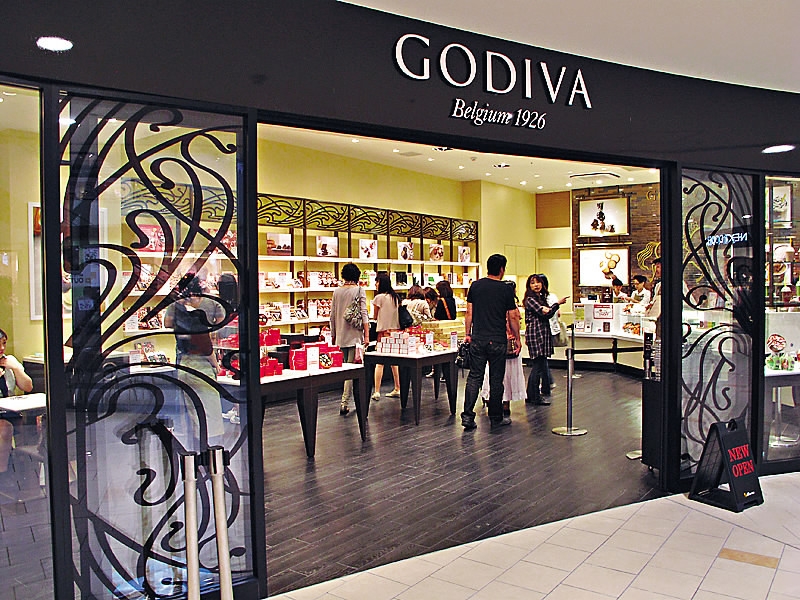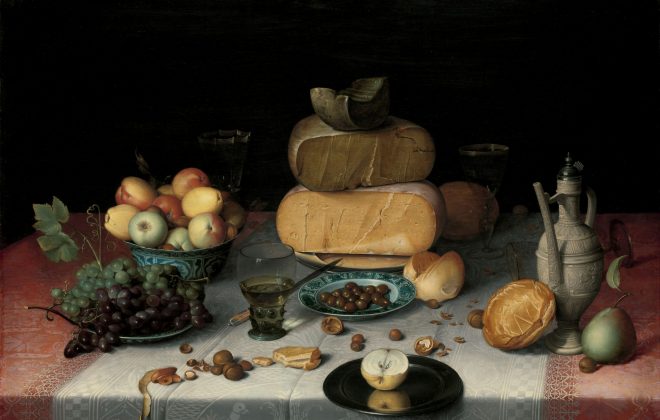Chocolate and China: The sweetest gift from afar (Part 1)

This week, while many indulge in large doses of chocolate over Easter, we will explore chocolate’s popularity in China in a two-part series. Part 1 is an overview of the influence of Chinese culture on their taste for chocolate, at home and on the road. Part 2 will contain tips and examples on how to entice Chinese travellers.
Everyone loves chocolate. Well, in China, not quite. Like wine, chocolate has foreign origins, but it has not yet become a part of people’s consumption habits on a larger scale, unlike wine. So if the love of chocolate does not run deep in China, how can chocolatiers and others in the dessert business appeal to the millions of Chinese travellers who are now trotting the globe independently?
Because there are opportunities: one thing China does love universally and perhaps on a much deeper level than elsewhere is gifts. But before we explore how sweet exchanging gifts is for the Chinese, let’s clarify the previous statements about their taste for chocolate—because they do like it, just not as much as or in the same way as in other parts of the world.
In today’s China, there are large varieties of chocolate at pretty much every supermarket or
Chocolate manufacturers have been trying to seduce the Chinese market since the late
Alongside marketing strategies that focus on portraying chocolate as something out of the ordinary, food culture is another barrier in turning China into a chocaholic nation—probably the most difficult barrier to break. In a country where the question “Have you already eaten?” is a common greeting equivalent to “Hi, how are you?”, culinary tradition plays a major role. It demands balance in terms of taste, meaning nothing should be exclusively or excessively sweet. Plus, dessert is not part of a typical Chinese full-course meal.
From a health perspective, Chinese medicine is also all about balance. Sure enough, obesity is now an issue in China as a result of the huge success of junk food. But chocolate is not a meal, it is a snack—too sweet to their taste and traditions, perhaps.
The Chinese will, however, offer chocolate to their loved ones, and companies who are succeeding to carve their piece of the cake seem to have noticed it: Belgian chocolate company Godiva grew by 193% in 2017 with its premium selection of gift-wrapped chocolates. Some do not even eat chocolate themselves but are willing to spend 15 USD dollars on a single bonbon to offer it as a luxury gift. China’s affluent upper-middle class is looking for quality, for something special. And in the case of chocolate, this is precisely perhaps because it is meant to be a gift.

Despite all changes and turmoil through China’s millenary history (including the huge departure from tradition brought about by the Communist Revolution), Chinese contemporary culture still is deeply rooted in a set of ancient values, even if the Chinese themselves may not realize it. One of these values is “ritual,” or “li”.
In simple terms, li is a code of conduct formed by a collection of works which include the “Book of Rites” (Li Ji), dating back as far as the Zhou Dynasty (1046-256 BCE). “Courtesy demands reciprocity” (li shang wang lai) is a popular Chinese idiom originated from the Book of Rites, which states that “It is not polite to give without receiving. Neither is it polite to receive without giving.” Moreover, the character li (礼) has multiple meanings and forms words such as
In China, gifts are offered routinely on significant life events, such as births, weddings, and graduations; on formal occasions, such as business meetings or dinners; on festivities, such as Chinese New Year, family reunions, or birthdays; and on everyday life occasions, as it is customary to always bring a gift when visiting relatives or friends. And in nearly every situation, the best gifts are those thought for the whole household, such as food.
But while offering gifts is commonplace on nearly every occasion in contemporary China, it really is about the value of the gift. Not necessarily monetary value, though, despite price often being interpreted as a synonym for quality. It is about its uniqueness, about it being special.
And since international travel is increasingly becoming the norm as 80% of those who venture outside of China travel abroad at least once a year, according to a World Tourism Cities Federation survey, and because gifts are so important in China, this also means Chinese travellers never return home empty-handed.
Independent travellers, especially, will make sure those gifts are rare and unique. Furthermore, even when young independent travellers are not big on chocolate themselves, older generations—their parents and grandparents—do see chocolate as an exotic, special gift. Premium chocolate from a flagship store in a Chinese metropolis certainly has its charms, but it does not compare to chocolate not available in China, bought at the place of its origin, and with a story of its own to tell.



